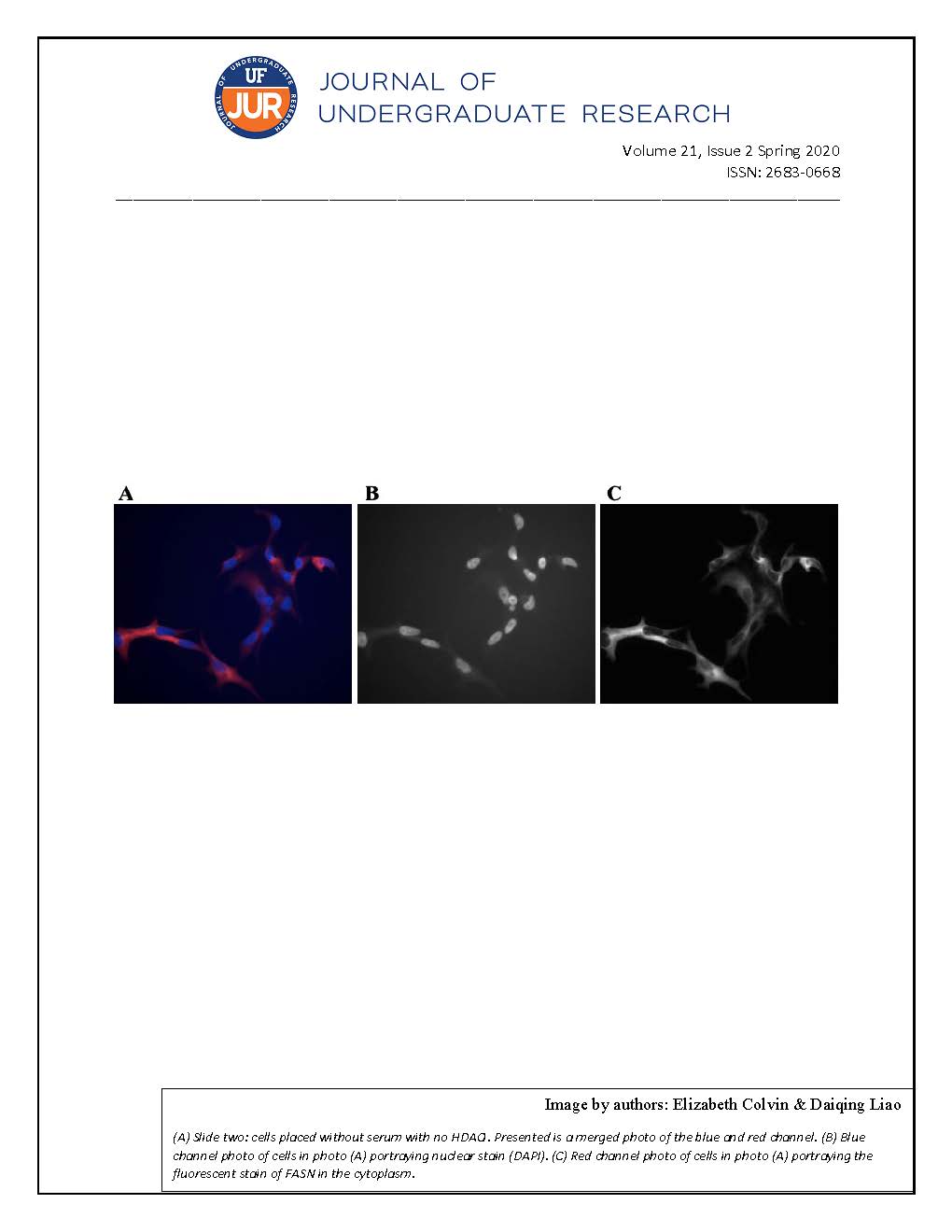Pink Filter: Gender Effects in Meaningful and Meaningless Product Differentiation
DOI:
https://doi.org/10.32473/ufjur.v21i2.108509Keywords:
undergraduate research, pink tax, gender marketing, meaningful differentiation, meaningless differentiationAbstract
A simple Google search of the term “Pink Tax” pulls up thousands of results regarding “the cost of being a female consumer.” There is a belief that women’s products are priced more highly than men’s products to reap the benefits of women preferring female-targeted products. We sought to determine the prevalence of these beliefs and the efficacy of such marketing practices. We consider the impact of both meaningful (e.g., different product features) and meaningless (e.g., labelling) differentiation on consumers’ attitudes towards products. We propose that women have become skeptical towards meaningless product differentiation directed towards them. Whereas they respond favorably to products that target women through different ingredients and functionality, they respond more negatively to products that target women purely through packaging. We specifically looked at response to three products: sunscreen, razors, and protein bars and manipulated each product to isolate the effects of product features vs. the product advertising. Results were then measured to determine if different types of gender marketing affected women more strongly than they affected men. The results of this research have implications for product marketing campaigns and for public policy.
Downloads
Published
Issue
Section
License
Some journals stipulate that submitted articles cannot be under consideration for publication or published in another journal. The student-author and mentor have the option of determining which journal the paper will be submitted to first. UF JUR accepts papers that have been published in other journals or might be published in the future. It is the responsibility of the student-author and mentor to determine whether another journal will accept a paper that has been published in UF JUR.

